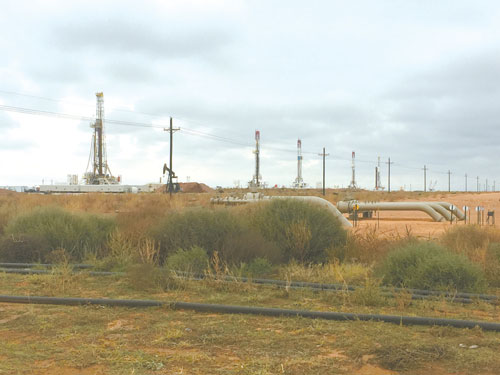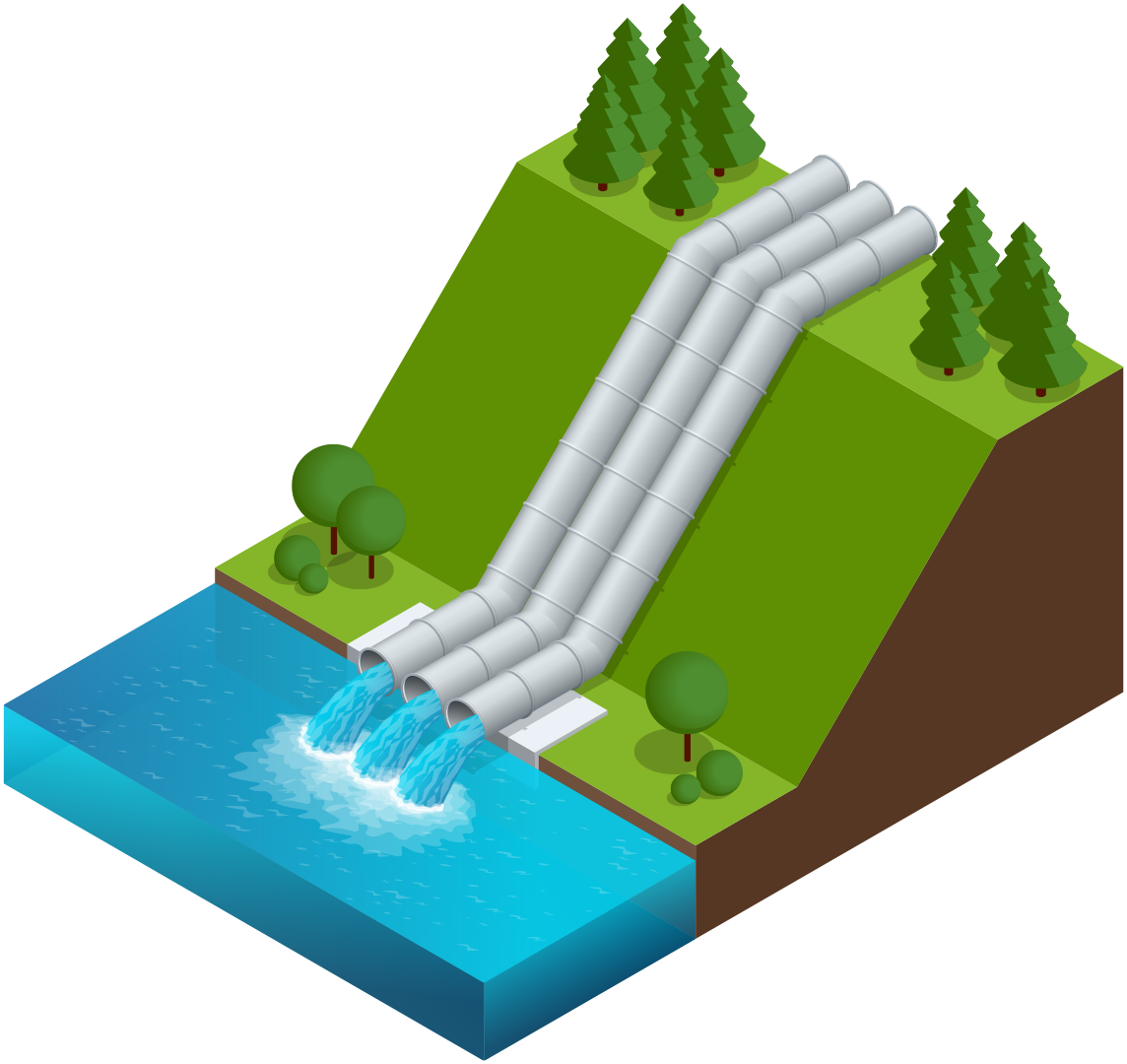
Every day the interest increases in recycling and treating produced water for fracturing use. With this growing interest comes a lengthening list of questions. Here Orion Water Solutions President Warren Sumner answers the three questions new clients ask most often.
How much does it cost to treat a barrel of produced water?
While there is not a simple, one-number-covers-all answer, there are some clear parameters. Newer fracturing methods require less treatment than before, treatment methods themselves are simpler and more effective and more water is being treated than ever before. Nine years ago water companies were treating 2,500 barrels a day and operators wanted them to turn produced water into potable water.
Now operators are asking for 50,000 barrels a day and more, and the treatment standards have relaxed. Economies of scale and less demanding treatment have brought costs down to where treating a barrel of produced water costs less than buying a barrel of fresh water. And it has the added benefit that any produced water that can be re-used does not incur the additional cost of injection into a disposal well.
How clean does the water need to be?
Frac chemistry has evolved, making it much easier to use produced water as a frac fluid. Today the industry focuses on controlling oil and grease, bacteria, iron and suspended solids in most situations. Bacteria are always undesirable, feeding on the other contaminants. By eliminating bacteria from every fluid that goes downhole and also targeting its food sources, treatment is more successful at keeping the well clean and avoiding costly production problems.
Operators have different standards when it comes to iron and suspended solids, but many are starting to realize that even 5 ppm of iron can cause iron sulfide problems in storage ponds if not managed properly. Any operator that has paid to clean a pond full of iron sulfide sludge will admit that it’s cheaper to keep it clean than to let contamination grow unabated.
What technology do you use?
Orion is a solutions company, rather than a single technology provider. They use advanced chemistry, real-time analytics and high-performance separation equipment to deliver the right solution for each situation. To control bacteria, Orion uses both oxidative and conventional biocides. Oxidative biocides like chlorine dioxide provide a quick kill, allowing precise dosage by using the right equipment. Conventional biocides can provide longer lasting killing power and be a good compliment to oxidative biocides.
Real-time analytics ensure proper dosage of the chemicals Orion delivers in their frac-ready-fluid™ service. Solids removal is the art of any treatment process since solids transport and disposal can be a significant part of the overall cost of the process. Orion uses dissolved air floatation, plate clarifiers, and high-capacity filtration to remove and de-water solids to reduce operating costs.
Experts believe that, within a couple of years, the Permian will have more than 10 million barrels per day of produced water flowing from its wells. Orion wants to help operators prepare for the coming flood of produced water by putting together a cost-effective recycling program today.
Call us today at (432) 219-8100.
Contact Us.

Recent Comments